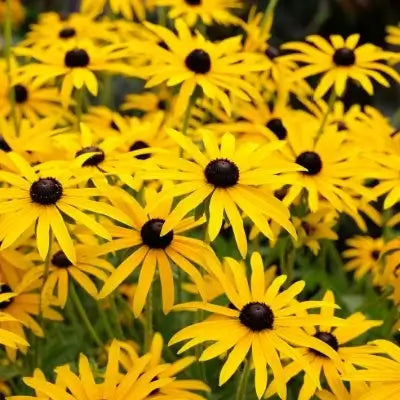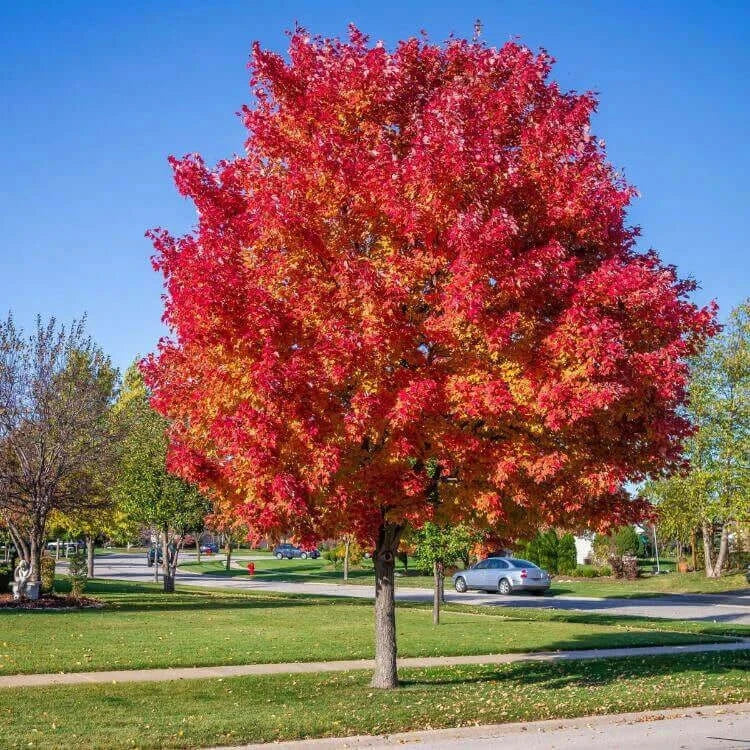In gardening and landscaping, one might not immediately think of moss as a desirable addition to a garden. However, growing moss in your garden can offer many aesthetic and environmental benefits.
Moss is a small, non-vascular plant that thrives in damp and shaded environments, creating a lush carpet-like appearance that can transform a garden into a serene and enchanting space. Beyond its visual appeal, cultivating moss can positively affect the environment, contributing to biodiversity, soil health, water conservation, and even carbon sequestration.
This article covers the many benefits of growing moss in your garden and its broader environmental impact.
An aesthetically pleasing and calming Zen garden possesses a timeless charm that appeals to many gardening enthusiasts. The velvety, carpet-like texture of moss adds depth and visual interest to any space, creating a sense of tranquillity and connection to nature. Moss can be used in various landscaping applications, from covering pathways and stone walls to decorating the base of trees and accentuating water features. Its vibrant green color serves as a soothing backdrop for other plants, enhancing the overall visual appeal of the garden. Whether in a traditional Japanese-style garden or a contemporary urban oasis, moss brings an element of natural elegance that is hard to replicate with other plants.
Biodiversity: An Environmental Benefit of Moss
Moss is ecologically significant and is vital in supporting biodiversity. Moss-covered habitats provide shelter and food sources for numerous small insects, snails, and other invertebrates. These creatures, in turn, attract predators and contribute to a complex ecosystem within your garden. By cultivating moss, you are effectively fostering a miniature ecosystem that can help maintain a balanced and diverse range of species.
Soil Health: One of the most significant contributions of moss to a garden's environment is its positive impact on soil health. Moss helps to prevent soil erosion by acting as a natural barrier against wind and water forces that might otherwise degrade the soil structure. Its dense growth helps bind the soil particles together, reducing soil erosion risk and promoting essential nutrient retention.
Water Conservation: In a world where water scarcity is becoming increasingly pressing, moss offers a sustainable solution. Mosses have the unique ability to absorb and retain water, making them excellent candidates for water-efficient gardening. Covering areas with moss can reduce the need for frequent watering, minimizing water wastage and promoting responsible water use.
Carbon Sequestration: While the carbon sequestration potential of moss may not be as substantial as that of large trees and forests, it still plays a role in mitigating climate change. Moss absorbs carbon dioxide from the atmosphere during photosynthesis and stores it within its tissue. Over time, this can significantly reduce atmospheric carbon dioxide levels, aiding the fight against global warming.
Air Quality Improvement: Mosses can also help improve air quality by catching airborne particles and pollutants. The surface of moss leaves acts as a natural filter, capturing dust, pollen, and other particulates from the air. This can lead to cleaner and fresher air near the moss-covered areas.
Habitat Creation: Moss gardens can serve as miniature habitats for various microorganisms, insects, and even small vertebrates. Frogs, salamanders, and certain bird species might find refuge in mossy patches damp and relaxed environments. By creating these microhabitats, you contribute to the preservation of local biodiversity.
Cultural and Historical Significance
Moss has played a significant role in various cultures throughout history. In Japanese gardening traditions, moss is revered for its tranquility-inducing qualities. Zen gardens often feature carefully arranged moss as a symbol of simplicity and peacefulness. Similarly, in Western cultures, moss has been used to create enchanting fairy-tale landscapes and is associated with mystery and magic. Introducing moss into your garden allows you to tap into these cultural connections and add a layer of historical richness to your outdoor space.
Tips for Growing Moss
While the benefits of growing moss are clear, it's essential to understand that moss cultivation requires a different approach than traditional gardening.
Here are some tips to help you successfully establish and maintain a moss garden:
Moss Site Selection: Moss thrives in damp, shaded, and low-light environments. Choose areas in your garden with minimal direct sunlight and consistently moist soil. Moss prefers slightly acidic soil with good moisture retention. Prepare the ground by removing weeds, and create a hospitable environment by adjusting the pH if necessary.
Moss Propagation: Moss can be propagated through spores or by transplanting existing moss patches. Transplanting is often more effective for quicker results. Press moss patches onto the prepared soil, mist them with water and ensure good contact between the moss and dirt.
Moss Watering: Moss requires regular or light misting to keep the surface moist and not overwatered, as this can lead to disease or encourage the growth of other unwanted plants.
Patience: Mosses are slow-growing plants. Be patient and allow them time to establish and spread. Regularly misting and maintaining the right conditions will support their growth.
Weed Control: Watch for invasive plants that might compete with the moss for resources. Regular maintenance and removal of these plants will help the moss thrive.
Moss provides essential wildlife benefits, serving as habitats for insects, amphibians, and microorganisms. Its damp and sheltered environment supports a variety of species, contributing to biodiversity. Moss-covered areas offer refuge and breeding grounds for small creatures, enriching ecosystems and promoting a balanced food chain.
From contributing to soil health, water conservation, and even carbon sequestration, moss is crucial in creating a more environmentally friendly outdoor space. By embracing this unique and often underappreciated plant, you can make your garden into a haven of beauty and tranquility with a major ecological significance!
Shop Our Moss Selection
Visit our online shop for a wide selection of plants and trees, or come say hi at our store location in Tennessee!We offer fast shipping nationwide so you can start transforming your garden today!
If you have any questions about moss or if you have any other plant needs, don't hesitate to contact us at [email protected], we'd love to hear from you!



























































 " alt="Featured Collection Perennials " />
" alt="Featured Collection Perennials " />
 " alt="Featured Collection Ferns " />
" alt="Featured Collection Ferns " />
 " alt="Featured Collection Live Moss " />
" alt="Featured Collection Live Moss " />
 " alt="Featured Collection Trees " />
" alt="Featured Collection Trees " />
 " alt="Featured Collection Shrubs " />
" alt="Featured Collection Shrubs " />
 " alt="Featured Collection Vines " />
" alt="Featured Collection Vines " />
